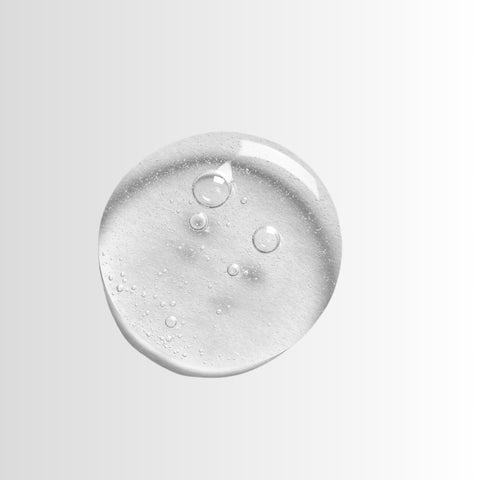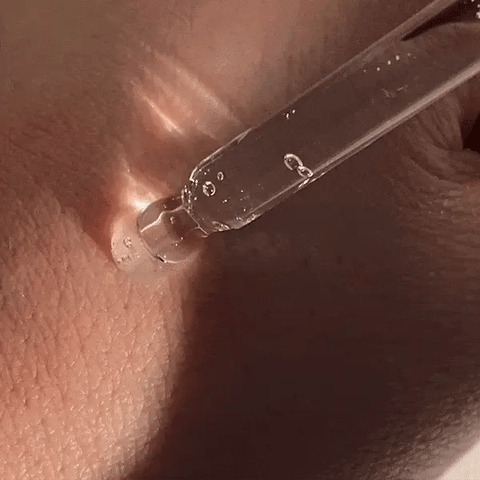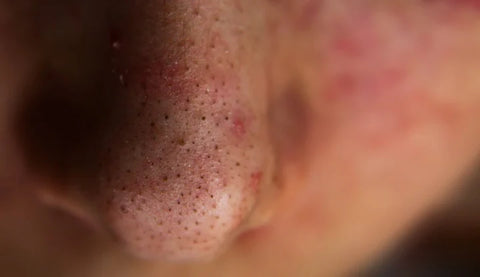I have been using Pal's Skin Lab products for a while now and I absolutely love them. I have tried a lot of products and wasn't very satisfied, especially with Retinol. I have ordered Pal's Skin Lab products twice now and have great results. I get regular comments about how good I look!





















